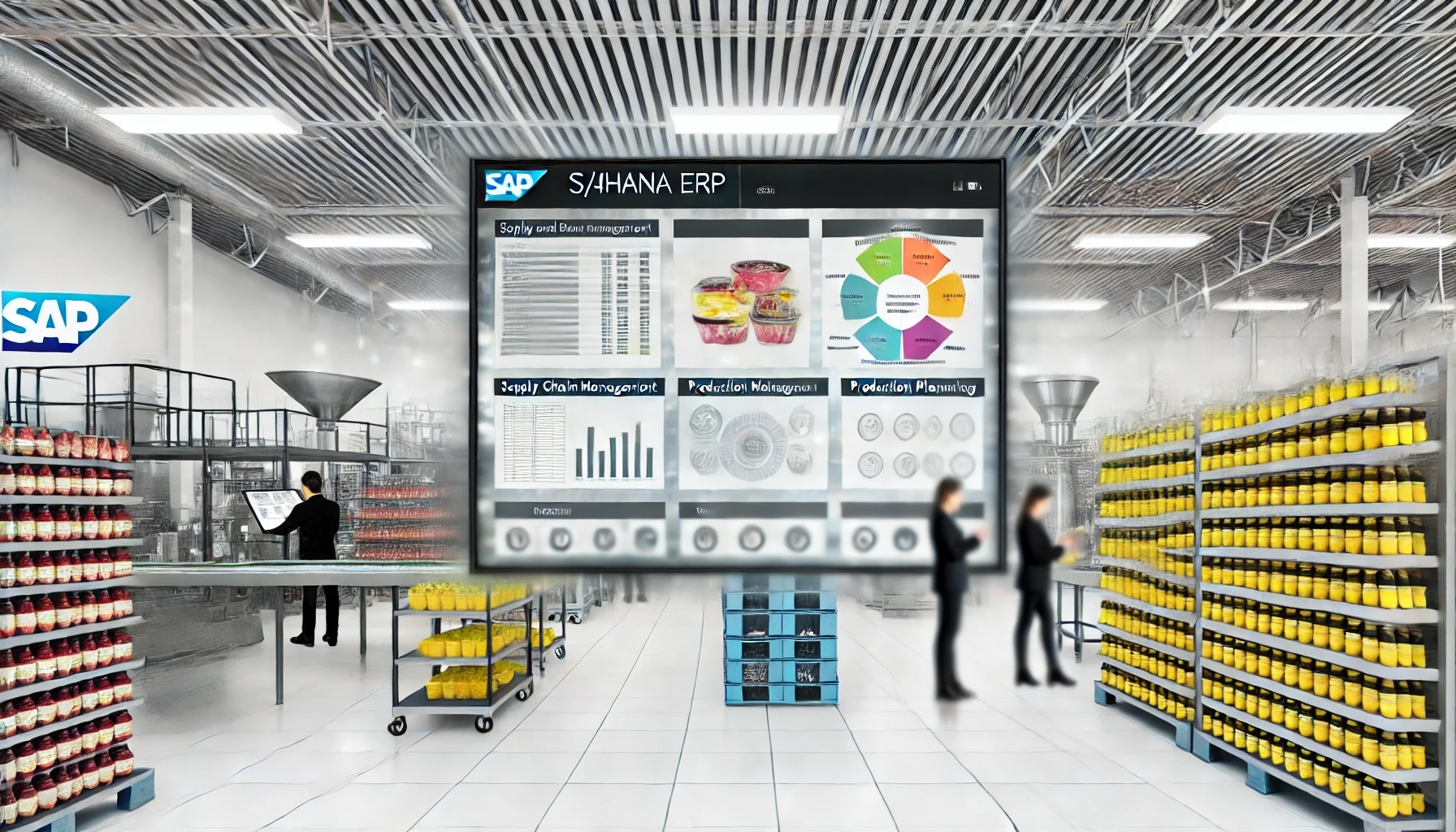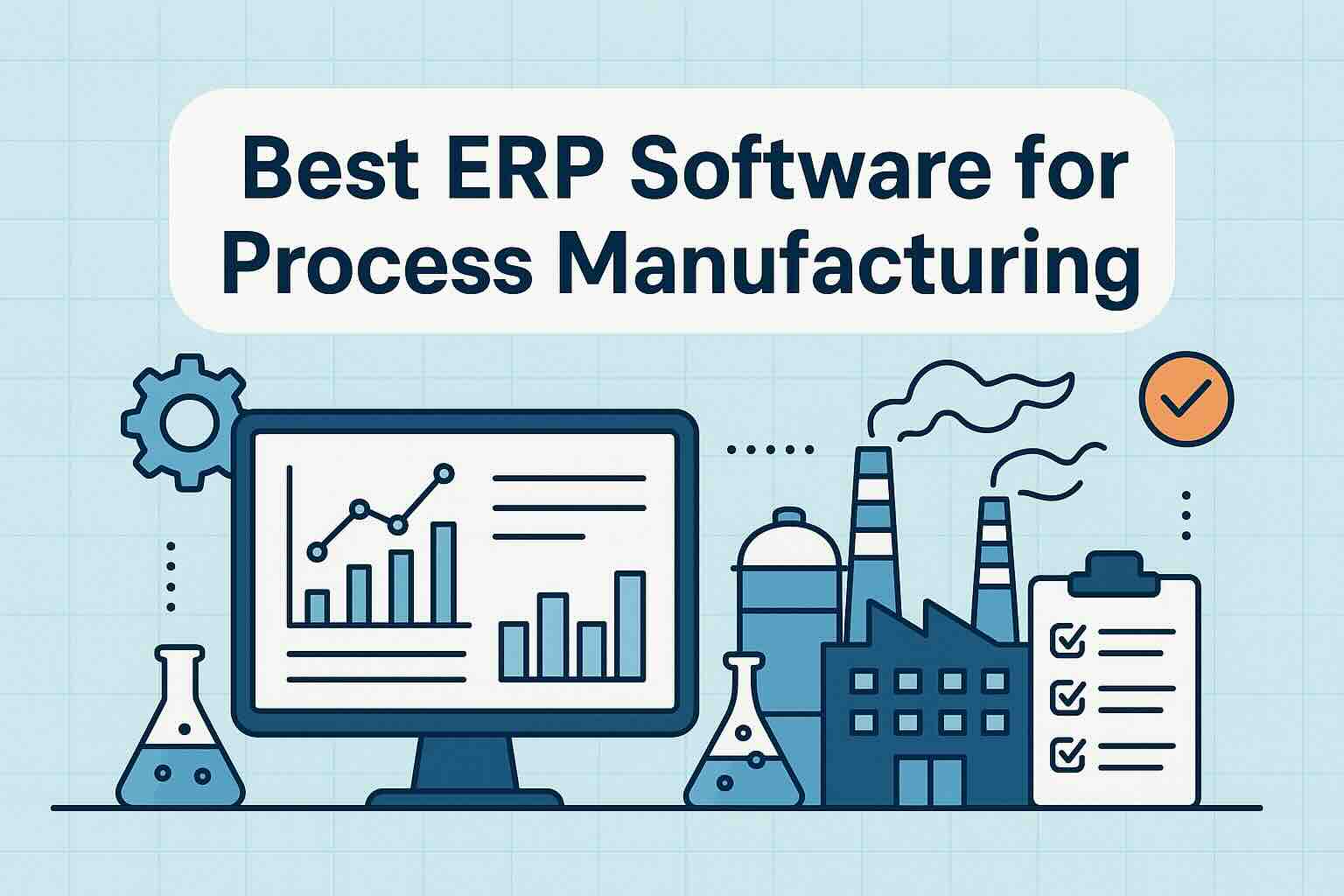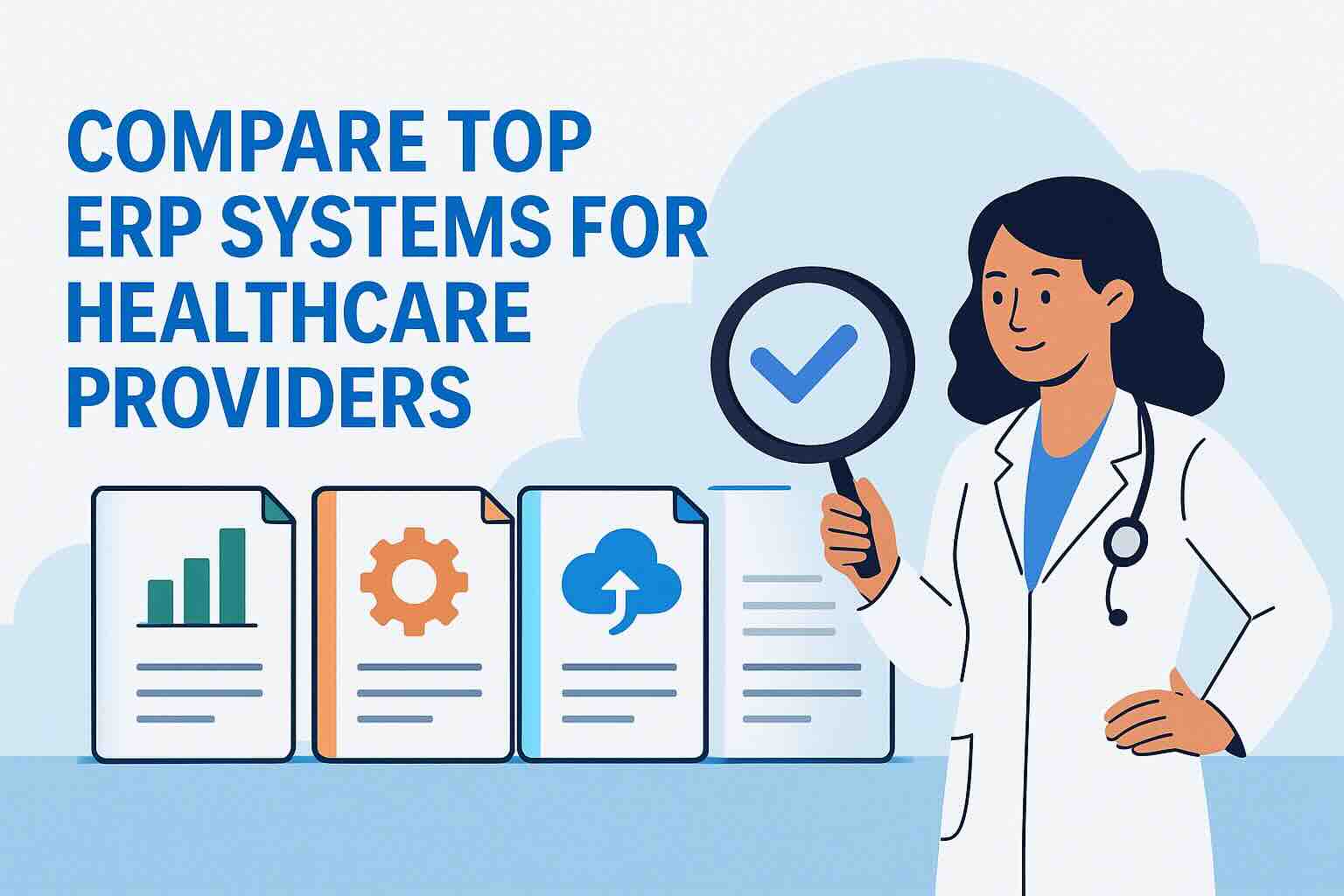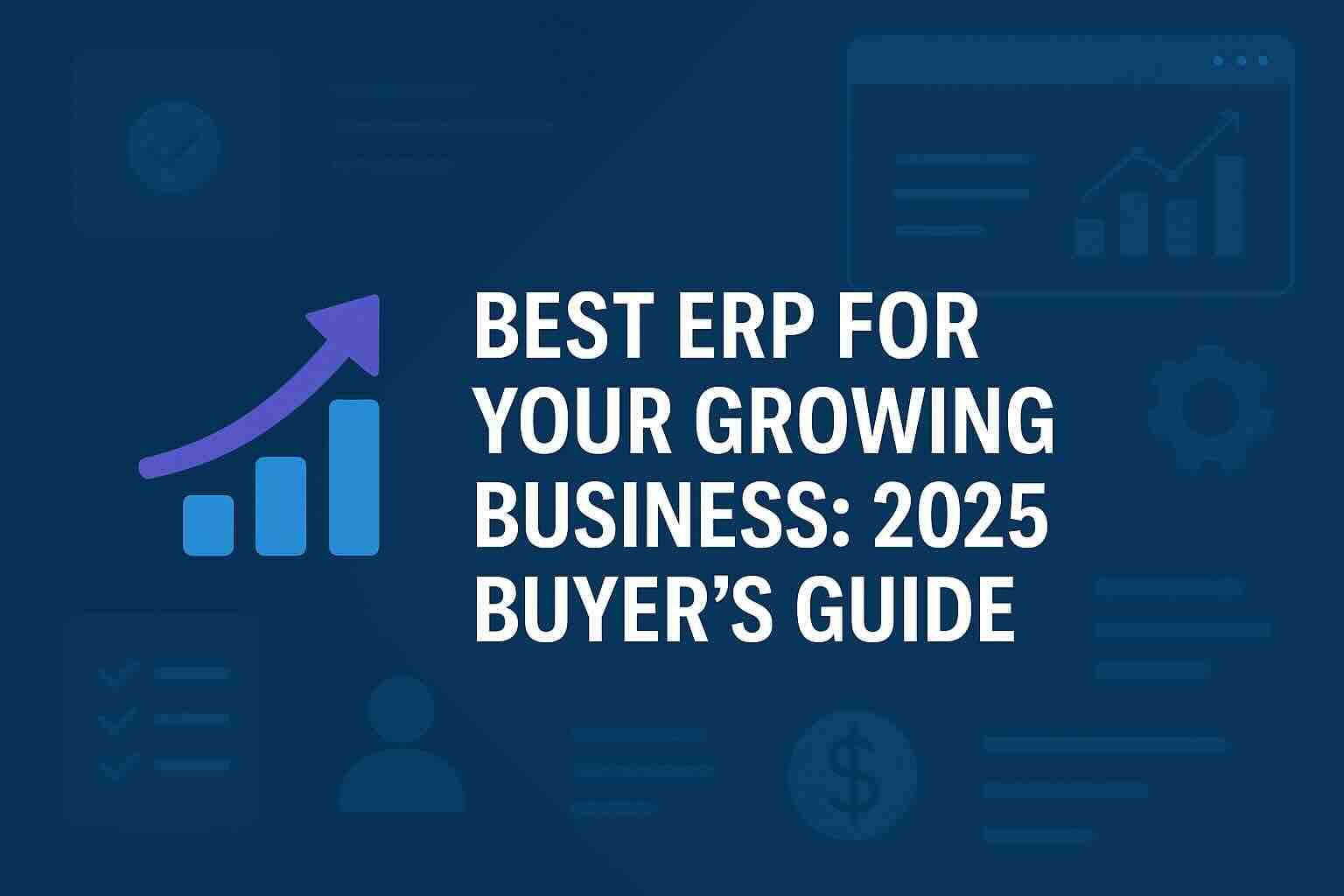Is Oracle Netsuite a Good ERP for Manufacturing?

The manufacturing industry gets caught between technological advancements and traditional practices, needing to manage a host of complex operations and processes efficiently. In this context, a robust ERP system is critical. Oracle Netsuite ERP for manufacturing promises to bridge the gap between potential and performance. Let’s take a look at whether it really delivers.
Oracle Netsuite ERP: Strengths
- Comprehensive & Cloud-Based. Oracle Netsuite is designed to provide real-time visibility into operations, enabling manufacturers to make informed decisions quickly.
- Integrated Business Functions. An integrated suite combining financials, CRM, e-commerce, inventory management, and more. This allows for seamless coordination across departments, improving efficiency and a reducing the likelihood of errors.
- Scalability & Flexibility. In a dynamic industry, Oracle Netsuite’s scalable architecture allows manufacturing businesses to grow without being held back by their ERP system. It supports processes like make-to-stock, make-to-order, configure-to-order, and just-in-time manufacturing, making it adaptable to different business models.
- Real-Time Data & Analytics. Oracle Netsuite provides real-time data analytics, enabling manufacturers to move with market changes and customer demands. With this data, businesses can make decisions more proactively and drive innovation.
- Cloud-Based Solution. Being cloud-based, Oracle Netsuite offers the advantage of lower upfront costs, reduced IT infrastructure needs, and accessibility from anywhere. This is particularly beneficial for manufacturers working from multiple locations or those seeking to expand geographically.
Where Can Oracle Netsuite Fall Short?
- Complex Customization. Customization can be a double-edged sword. For more nuanced businesses with highly specific needs, tailoring Oracle Netsuite to fit these requirements can be laborious and resource-intensive.
- Training & Adoption. Implementing a new ERP system can disrupt existing workflows. Therefore, factoring in time for training and a period of adjustment is essential, which can be a challenge for some manufacturers, especially small to mid-sized ones with fewer resources.
- Cost Implications. While the initial investment might be lower due to its cloud-based nature, the total cost of ownership over time, including subscriptions, customizations and ongoing support, adds up. Manufacturers working with smaller budgets should tread carefully.
Oracle Netsuite: Scaled
For small to mid-sized manufacturers, Oracle Netsuite offers a balance between functionality and ease of use. It’s particularly suited for businesses looking to streamline operations and embrace cloud technology without the burden of heavy IT infrastructure.
However, for larger manufacturers or those with highly specialized processes, customization brings challenges both in its implementation and ongoing management. Here, the cost-benefit analysis becomes crucial: businesses must determine if the investment aligns with the long-term strategic goals of the company.
To Conclude: Is Oracle Netsuite ERP Right for You?
Oracle Netsuite ERP for manufacturing excels in its real-time data capabilities, scalability and integrated approach. However, its effectiveness largely depends on the specific needs, size and resources of a given business.
While Oracle Netsuite has the potential to drive efficiency and innovation in manufacturing, it’s essential for businesses to review its strengths and limitations next to their current needs and objectives. The value of ERP tools can only be realized when aligned with the strategic vision and operational needs of a business. Click this link to find out more about Oracle Netsuite for manufacturing.
To compare Oracle NetSuite with 100s of other ERP solutions, you can use our new AI-powered Compare ERP tool. It’s free to use and you get a guaranteed discount on your first year’s licence fees with a referral from Compare ERP.









